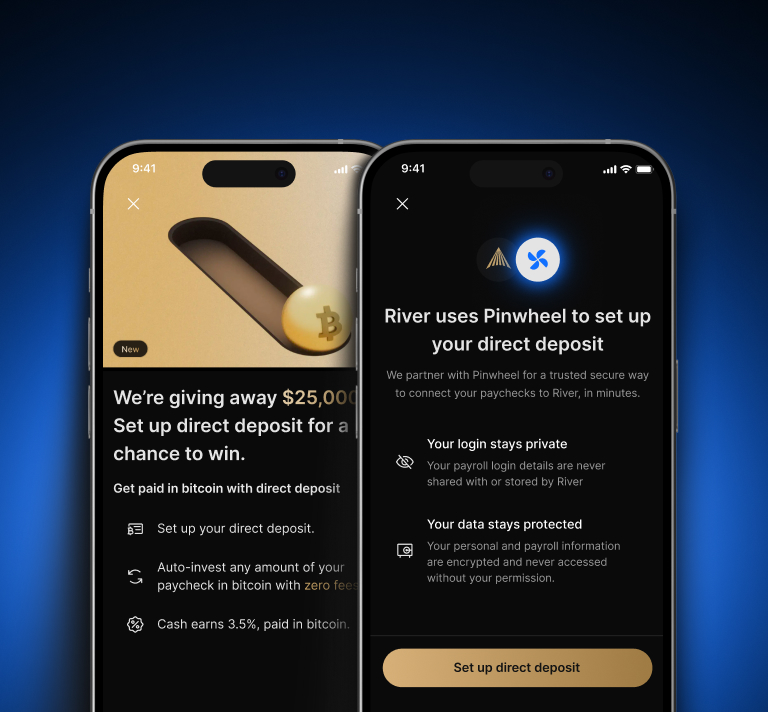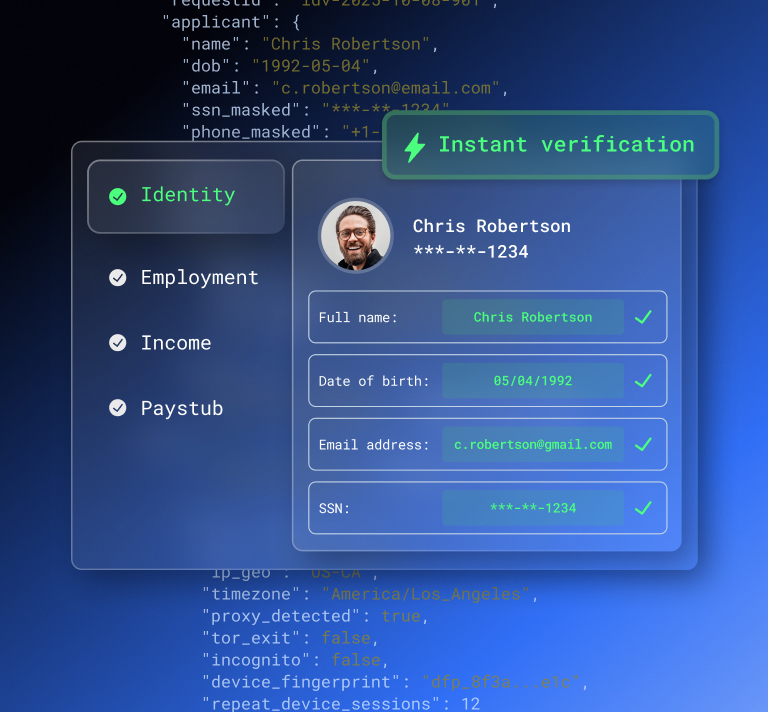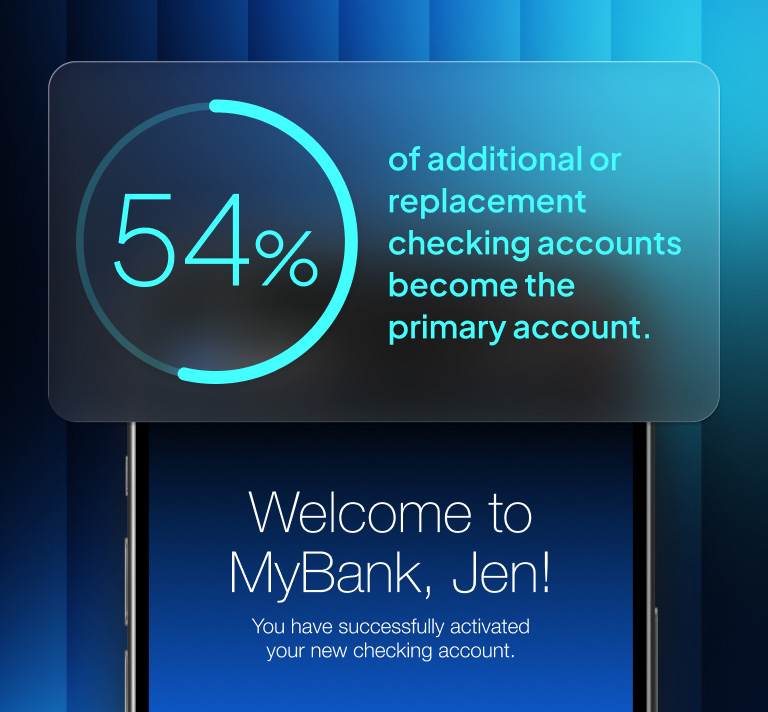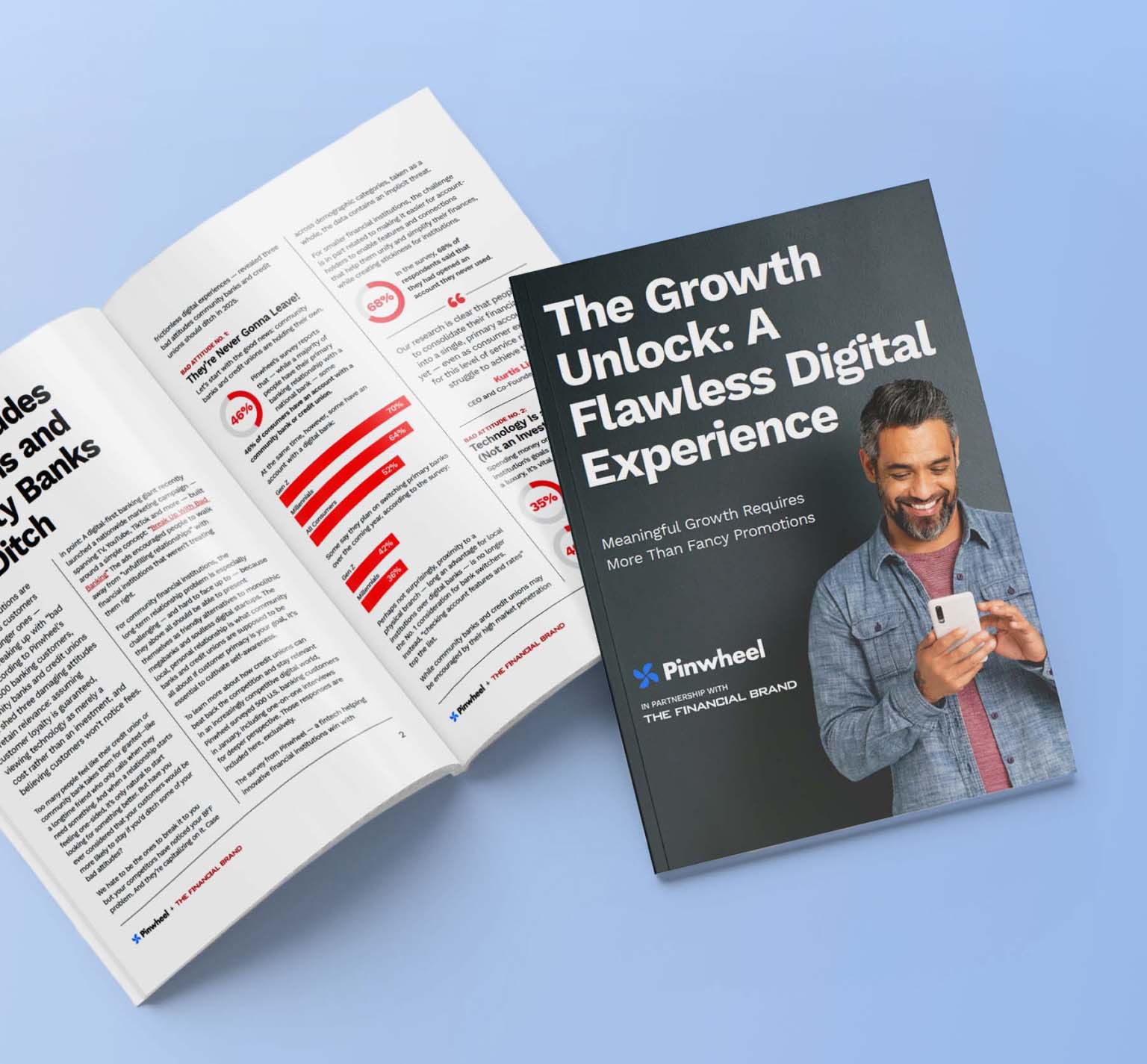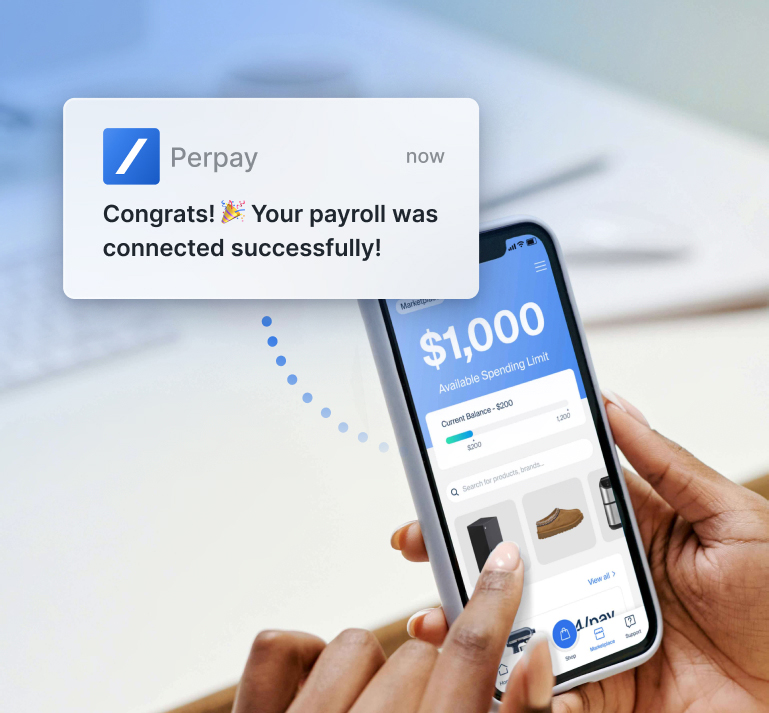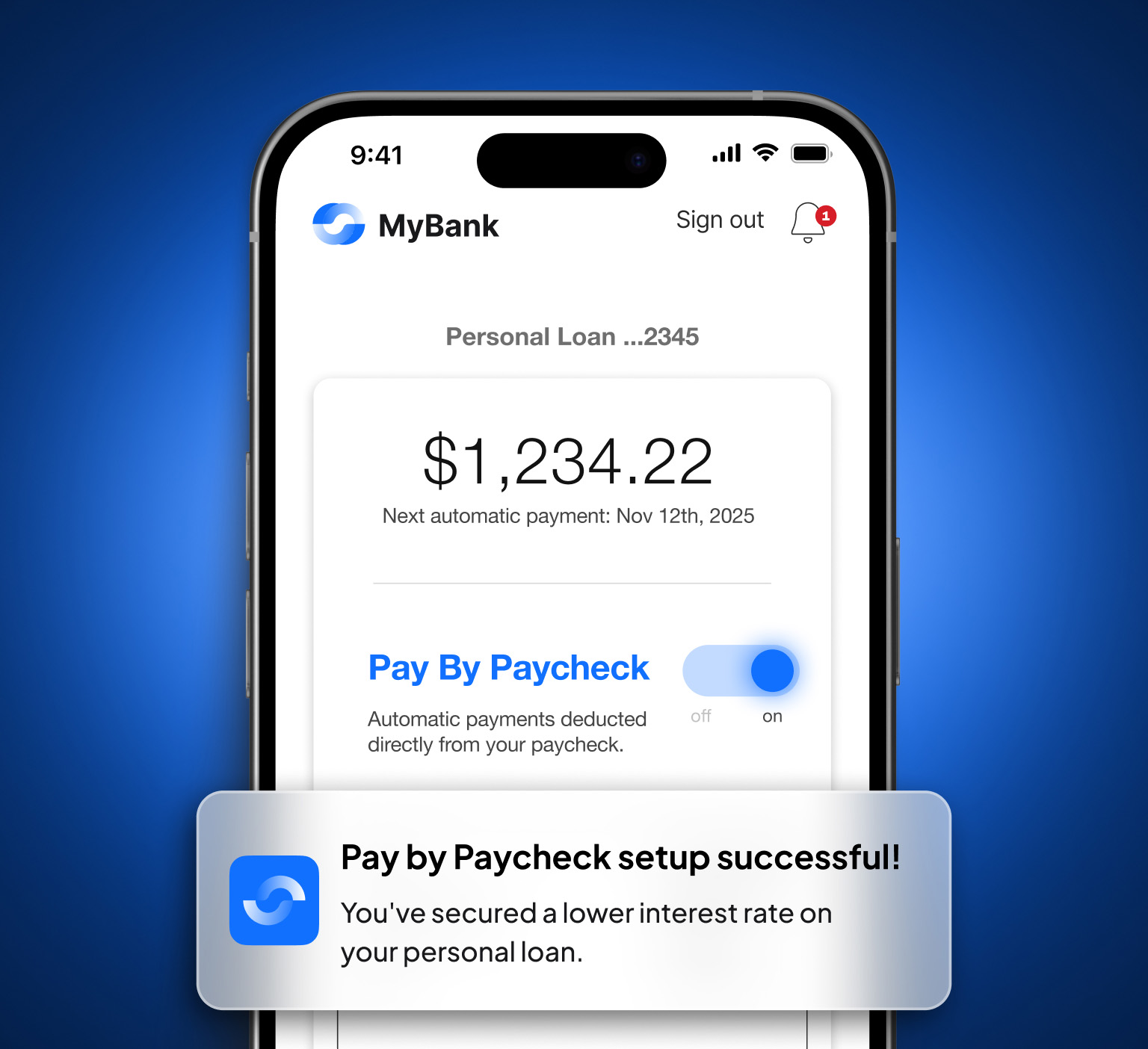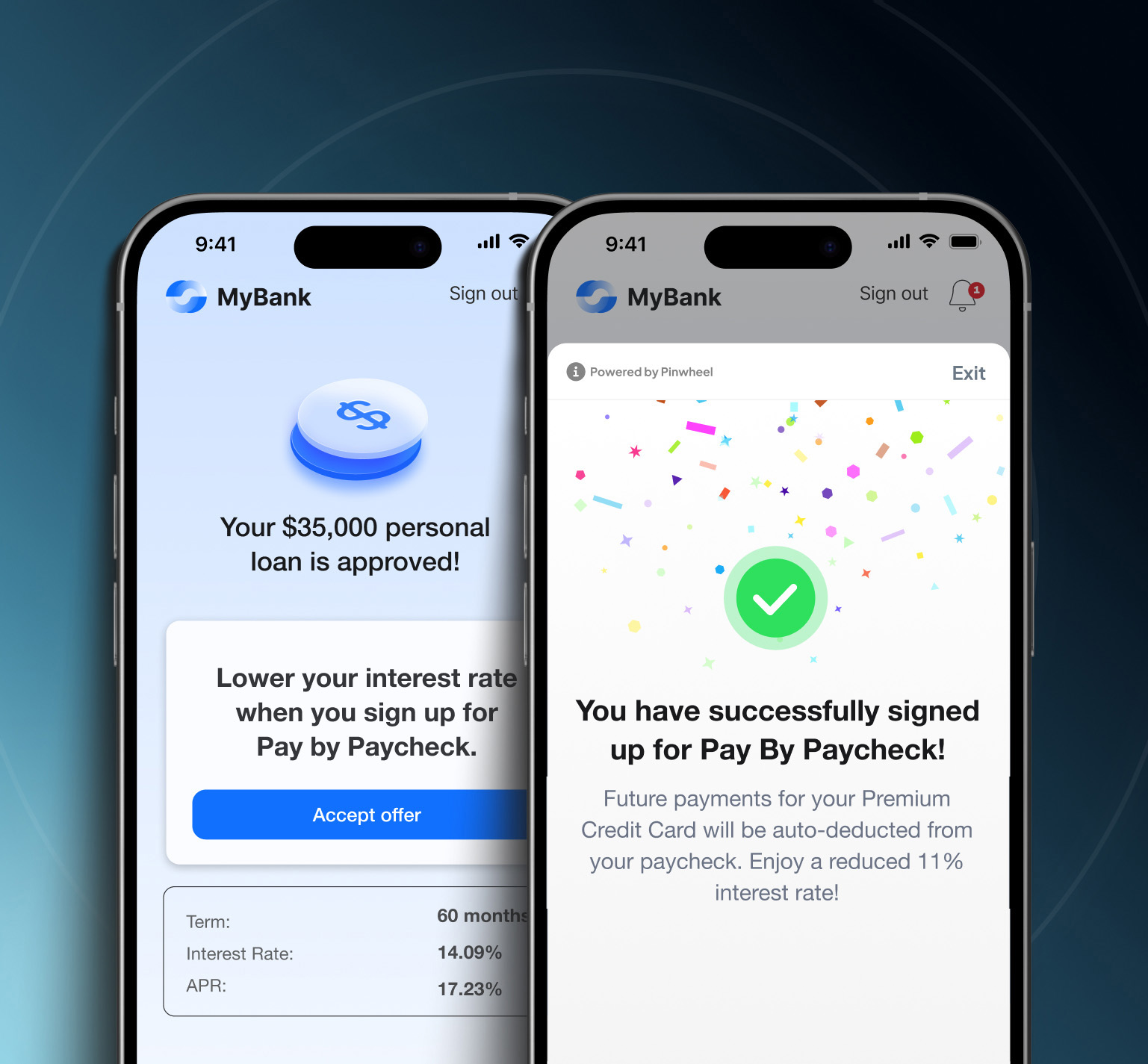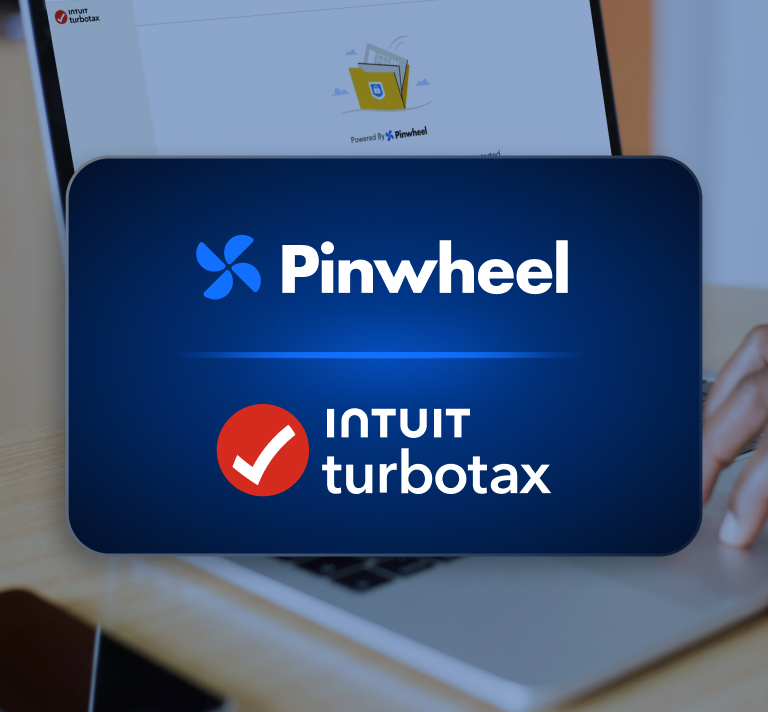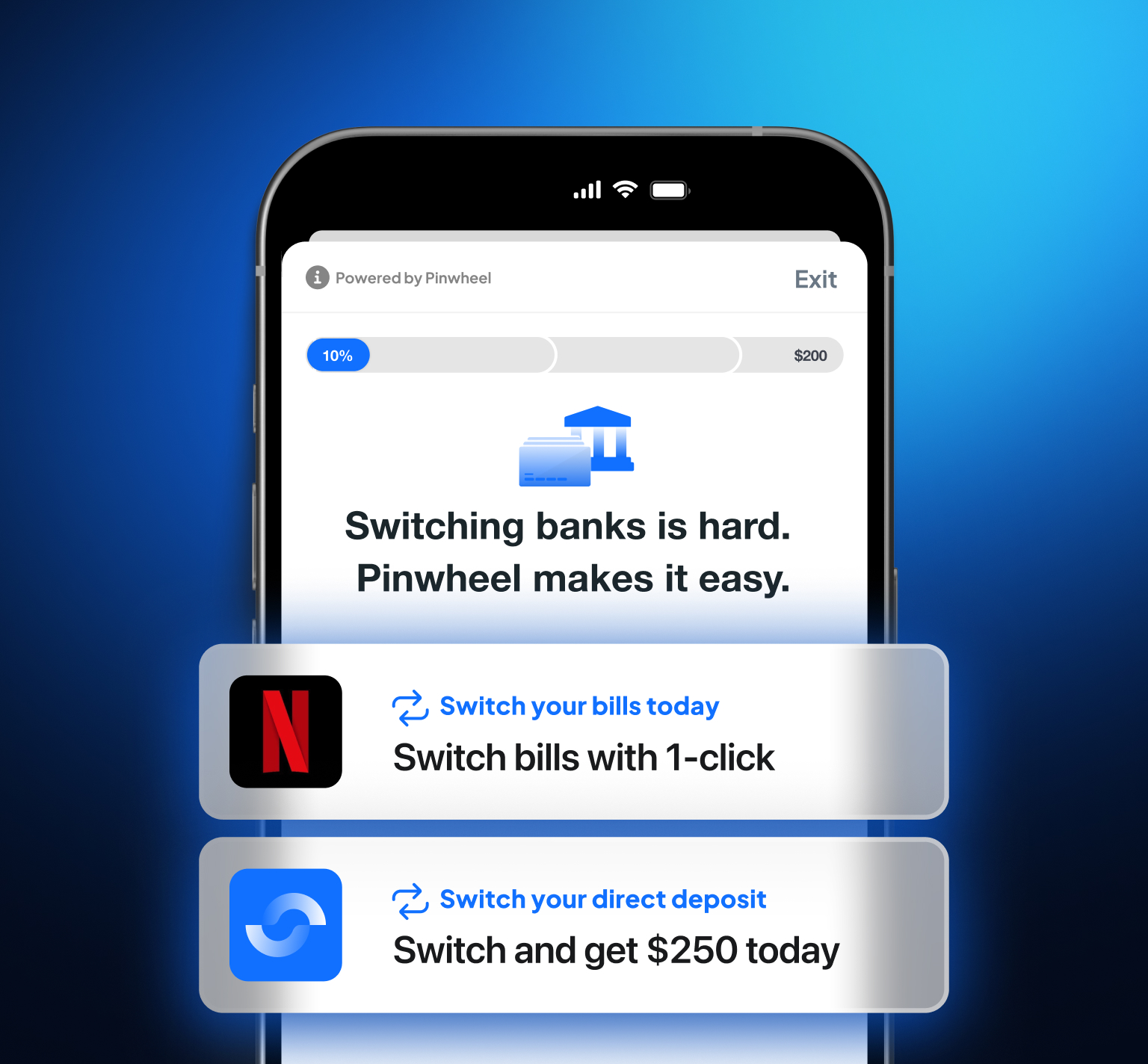Income verification is an essential part of assessing a potential borrower’s risk profile. Manual verification, however, is a high-friction process that increases costs, drags out origination, and puts lenders at an increased risk of fraud.
Automated income verification is an API-powered solution that checks a person’s income in seconds, retrieving verified data from source systems such as payroll. No need to ask for PDFs of paystubs, W2s, or other proof of income documents.
User-driven income and employment verification is on the rise, with more lenders embracing technology that expedites this process.
In 2021, Fannie Mae announced that mortgage servicers are allowed to use third-party vendors to implement digital verification. The broader adoption of these solutions was made possible by the evolution of open finance technology, such as APIs, which are easy for banks to integrate and customers to use.
A payroll connectivity API, for instance, is a powerful way to access income data. It acts as the link between the lender and the borrower’s income and employment information inside their payroll platform.
Since payroll platforms make up the foundation of a consumer’s financial profile, they are a secure way to automate the income verification process and unlock all the advantages that automation brings.
Remain competitive with an automated application experience
Removing physical paperwork from loan applications isn’t enough for a frictionless customer experience. When an applicant has to go into their payroll account, download their paystub, and then upload it to the lending platform, it creates a frustrating, time-consuming process.
Lenders must also invest more time in reviewing the income documents either manually or using OCR processing to extract the data.
However, automated income verification services can authenticate a borrower’s income and other identity-related information in seconds. Consumers are ready to embrace the convenience that comes with such solutions — nearly 6 in 10 US workers are likely to use a platform for identity verification while applying for a personal loan, according to our research.
Real-time access to income data
When lenders enable automated verification by connecting to their customer’s payroll, they can also gain ongoing access to their income and employment data.
Real-time access means being notified of changes to a customer’s income or job, offering dynamic (rather than static) insight into their finances.
With ongoing income insights, lenders can offer personalized services, such as an automatic credit limit increase. According to our research, 62% of US workers are interested in automatic credit line increases based on increases in income. More personalization improves customer engagement, and prevents attrition as banks are able to better understand what the customer needs.
Reduced fraud and default risk
Manual processes for income verification leave lenders vulnerable to fraud, which includes inflated income statements, misrepresented employment status, and fake paystubs.
According to a recent mortgage fraud report, income fraud is the top concern of risk managers and other industry experts. From Q2 2021 to Q2 2022, the risk of income fraud increased by 27.3% — a greater increase than any other fraud type.
Income fraud tactics can be as elaborate as having third parties pretend to be employers, while some scammers even include bank statements with deposits that go back several months as “proof” of income. The good news is that not even the most elaborate schemes can trick an automated income verification platform.
When using a payroll connectivity API to automatically verify a person’s salary, the API retrieves the income data directly from the payroll platform. (The data also includes identity information, such as the person’s full name, date of birth, and last four digits of their Social Security number.)
The only way the API can perform this action is if the employee provides access to their payroll account, leaving no room for synthetic identities, fake employers, or fraudulent income statements.
Automated income verification platforms are also a source of alternative credit data for credit underwriting. With this data, lenders are able to holistically assess potential borrowers’ ability to pay, relying on more information than just their credit score.
The additional data also helps lenders better mitigate default risk and manage their loan portfolio health, which is a critical benefit in today’s turbulent economic climate.
Lower loan origination costs
Without automated verification of income, lenders waste time on repetitive tasks, which leads to increased origination costs. McKinsey research has discovered that “many mortgage originators still engage in labor-intensive and repetitive fulfillment and servicing, even though there is potential to automate more than half of the tasks across front-to-back processes.”
The origination cost per mortgage ranges from $7,000 to $9,000, requiring 4 to 5 underwriters per application, increasing the amount of time it takes to obtain a mortgage. The long cycle times also create unhappy customers – there’s a 20% to 30% difference in customer satisfaction scores between bank and fintech mortgage customers.
As many fintechs have discovered, automating different steps of the underwriting process brings down origination costs. McKinsey has found that the nonbank mortgage lenders who have invested in digitization are reaping numerous benefits. Chief among them is a 30% lower cycle time and a 25% reduction in costs compared to the industry average.
With a strong focus on digitization, nonbank lenders have also grown their market share. In 2021, nonbank mortgage originations increased by almost 11%.
Provide seamless income verification with Pinwheel Verify
As a payroll connectivity API provider, Pinwheel helps fintechs and financial institutions alike streamline the income verification process.
Pinwheel Verify is our income and employment verification solution with coverage that spans 1,600+ payroll platforms for 80% of US workers. Once integrated, your customers can easily use Verify to log into their payroll platform and grant access to their data, enabling seamless income verification.
Our status as a Consumer Reporting Agency also allows you to use customers’ data for credit decisioning without exposing yourself to FCRA violations.
Additionally, Verify includes recurring access to your customer’s data, making it easy to stay up to date with any changes to their employment or income information and proactively respond with the right solution at the right time.
Contact us to learn more about how Pinwheel’s payroll connectivity API can help you discover new lending opportunities.



.svg)
.svg)




